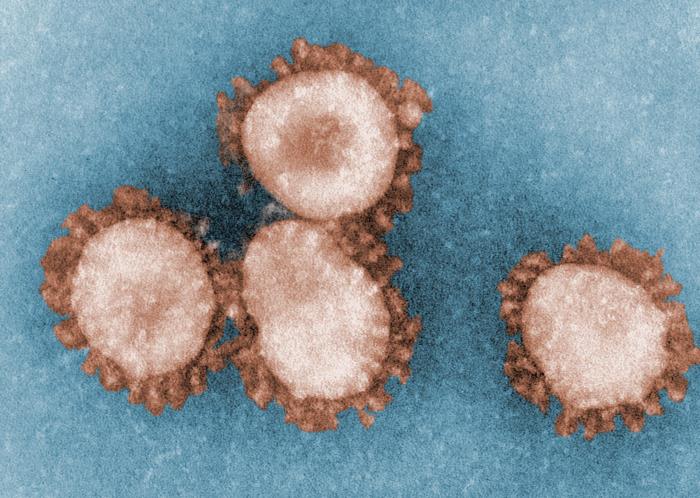
With wave after wave of SARS-CoV-2 variants, COVID-19 patients filled the worlds' hospitals and morgues because not everybody had access to vaccines or were willing to be vaccinated.1, 2 Omicron (B.1.1.529) is no different. Although most scientists were expecting an increase in cases during late 2021, it was surprising that vaccinated and previously infected people were contracting the novel omicron variant so easily and how fast it was transmitting,3 which raised several questions. Would existing vaccines still prevent SARS-CoV-2 infection?4
Was omicron more transmissible than previous variants?5 What were the consequences of omicron's wide and rapid spread infecting millions of people, including a high number of breakthrough cases? Would it have worse or better outcomes than the worst SARS-CoV-2 variant on record, the delta variant (B.1.617.2)? In The Lancet, Tommy Nyberg and colleagues report their findings about omicron for individuals who are vaccinated, previously infected, or unvaccinated.6 This outstanding study included an unparalleled 37% of SARS-CoV-2 cases in England. A longitudinal cohort was analysed when the delta variant was still ongoing and omicron outcompeted delta to become the dominant variant.
Initial omicron studies included fewer cases than included by Nyberg and colleagues6 because analysis occurred earlier in the outbreak, such as in South Africa,7 Denmark,8 Norway,9 or Scotland,10 or were restricted to smaller regions and hospitals. Nyberg and colleagues have conducted the first large scale severity study based on 1 516 702 individuals with COVID-19, of whom 1 067 859 were infected with the omicron variant, using a mix of epidemiological and genetic molecular data.9 This study reports both encouraging and discouraging findings related to decreased severity of disease (vs delta) and partial vaccine escape, respectively.
Nyberg and colleagues found that the risk of hospitalisation and death due to omicron is substantially lower than for delta. Except for children younger than 10 years, individuals with a documented previous SARS-CoV-2 infection had lower hospitalisations and deaths than for delta, even unvaccinated individuals. However, individuals who had received an mRNA vaccination faired far better than unvaccinated or previously infected individuals. Patients who had been boosted with an mRNA vaccine had 70% fewer adverse outcomes than unvaccinated individuals. This cohort was 53·2% female, all age groups were well represented, and 83·3% participants were White and 5·3% were Black. Comparing omicron with delta, the hazard ratios (HRs) were 0·56 (95% CI 0·54–0·58) for a hospital visit, 0·41 (0·39–0·43) for hospital admission, and 0·31 (0·26–0·37) for death. Past infection gave protection for omicron and delta variants against death in both vaccinated (HR 0·47 [0·32–0·68]) and unvaccinated (HR 0·18 [0·06–0·57]) individuals. Notably, for vaccinated individuals, past infection offered no additional protection (HR 0·96 [0·88–1·04]).
Read more...







